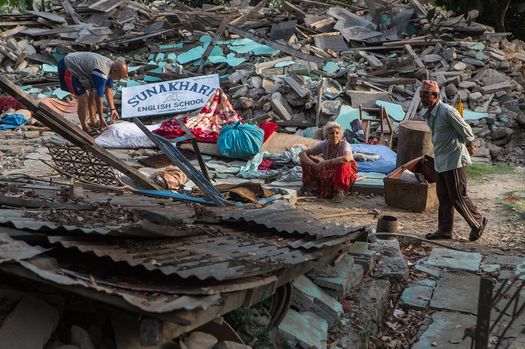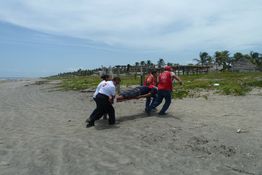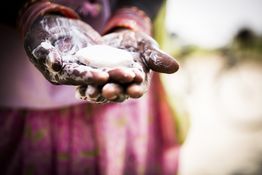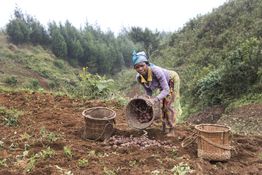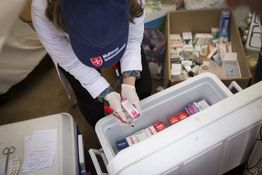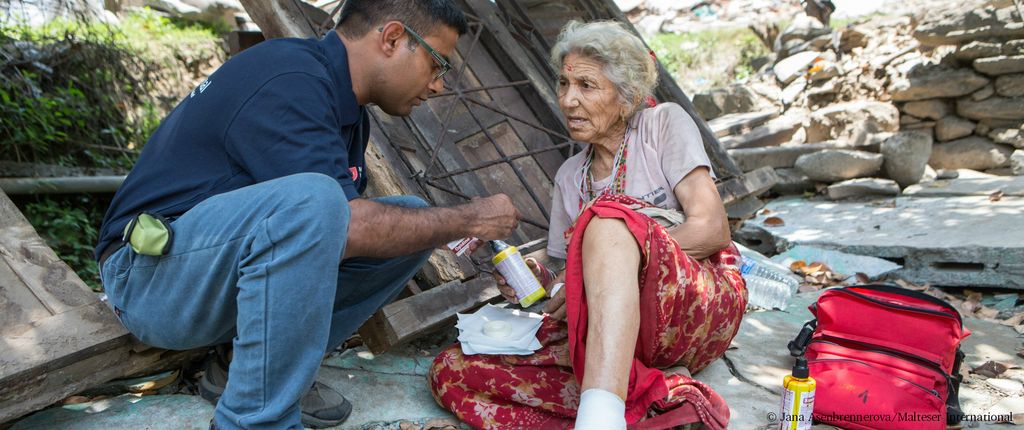
Our approach
We provide emergency relief in crises such as natural disasters, epidemics, or armed conflicts. During acute crises, teams from Malteser International are on the ground as soon as possible to provide emergency medical care, and ensure the supply of food and other essential aid materials as needed. From the very beginning, the rebuilding and recovery of the affected area is one of our essential considerations. Wherever possible, we also provide transitional aid and assistance to reduce the risk of future disasters - remaining present long-term at the scene of more protracted crises.
Offering solutions for the future
Supporting the health of the person in an integrated way is the central aim of our work. We aim not just to treat patients, but also to tackle the root causes of sickness in their environment. We do this by establishing functioning medical structures, and protecting health by ensuring people have access to adequate nutrition, water, sanitation and hygiene (WASH), while providing measures to improve the mental health of people affected by the trauma of conflict and disaster.
As an aid organization, we have the challenge of developing new and sustainable solutions to help people in need. Climate change, natural disasters, armed conflicts, flight and poverty are intricately tied to vulnerability. We take a holistic approach to our work: seeking to strengthen the resilience of people in especially vulnerable regions against future crises. Accordingly, Disaster Risk Reduction plays a central role in our projects. This integrated approach means that we also work with various partners, using a combination of practical strategies and innovation to deliver development programs that cater to the long-term needs of the most vulnerable people.
When and where we act
Malteser International works in regions affected by crises, conflicts or natural disasters. The regional and situational scope of our work is determined by a variety of factors. The size of the catastrophe, the vulnerability of the target population and their capacity to react to crises, as well as their region’s level of exposure to natural disasters all play a role. We lay a particular value on the specific needs of each community, and the ways in which our projects can give them concrete and sustainable help. Additional considerations include the presence of an existing or potential partner in the crisis zone, and the extent of our own administrative and financial capacity in the region.

